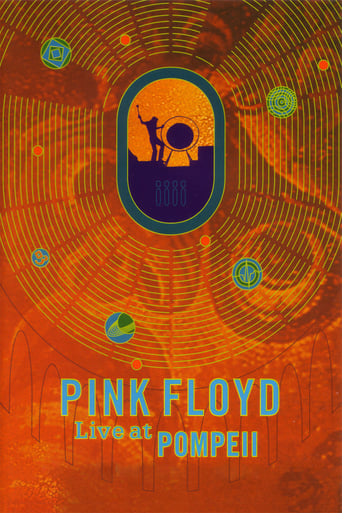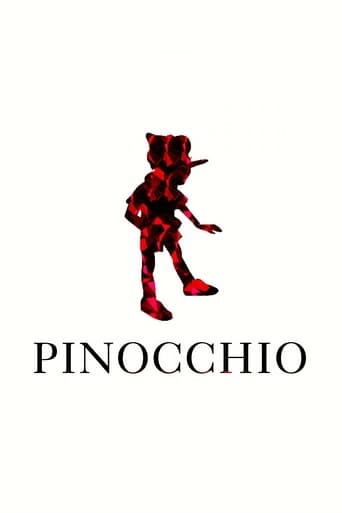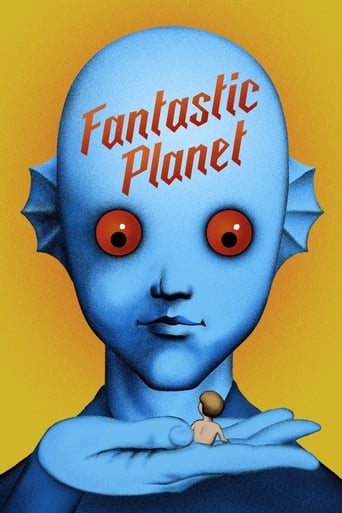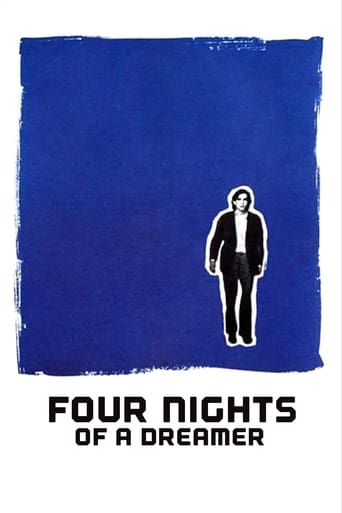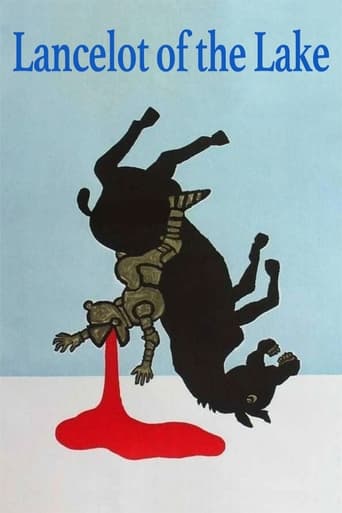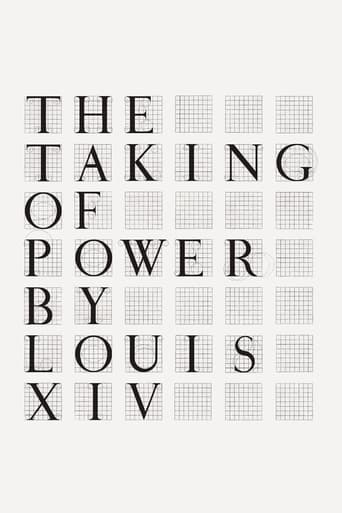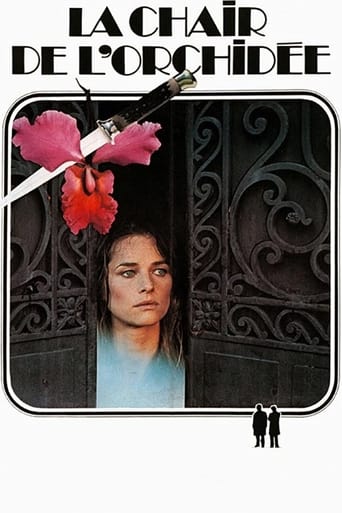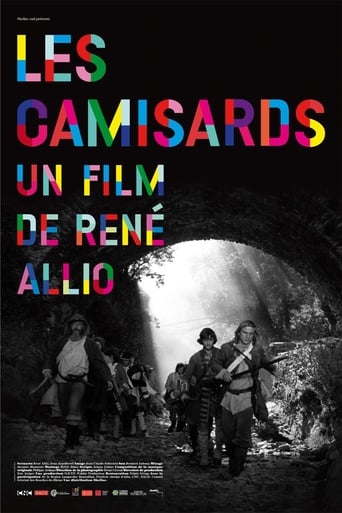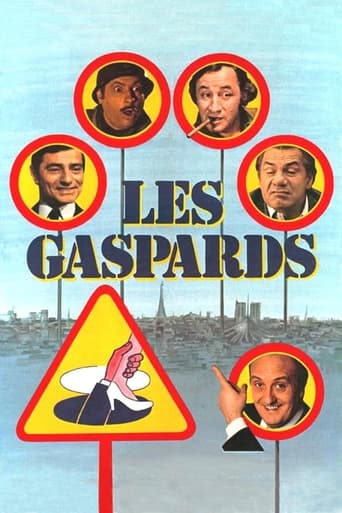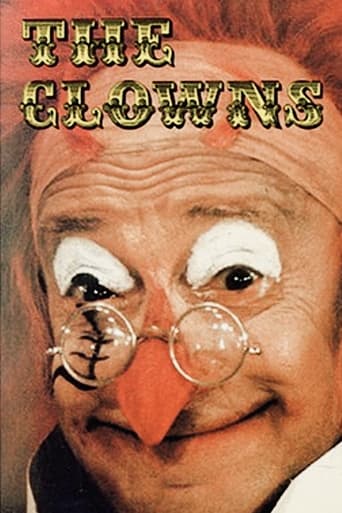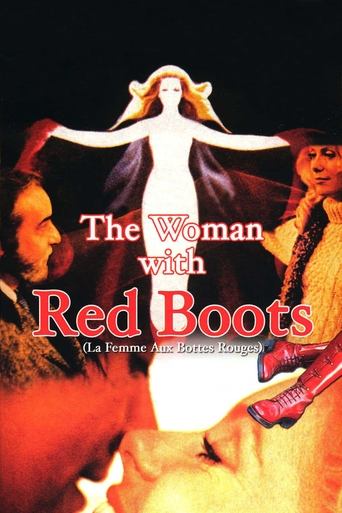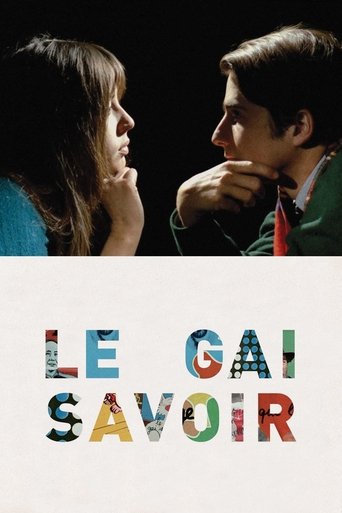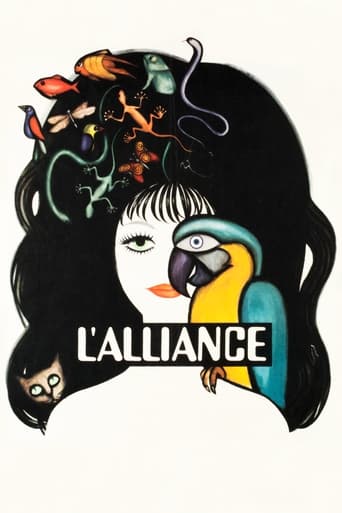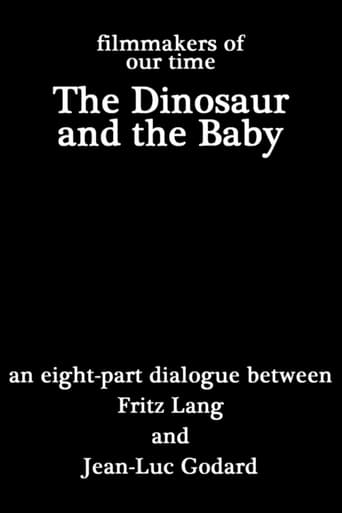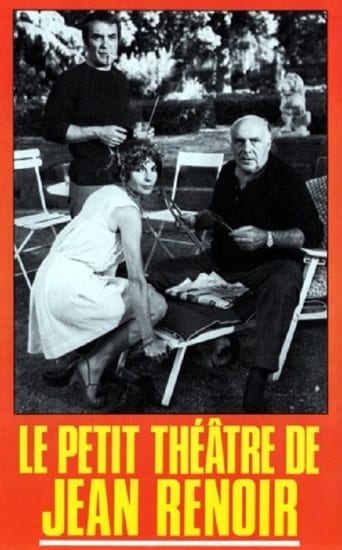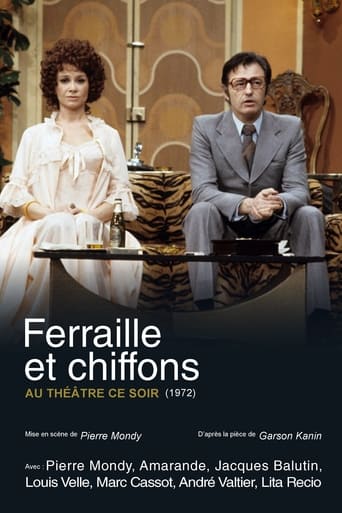Pink Floyd: Live at Pompeii 1972
Stylish film of the British progressive rock band Pink Floyd in 1971 performing a concert with no audience, in the ancient Roman Amphitheater in the ruins of Pompeii, Italy. There are four editions of the film: the original 1972 version with the concert only (60 min.), a longer 1974 theatrical version (85 min.) featuring the concert interspersed with interviews and footage of Pink Floyd in the studio working on their next album, Dark Side of the Moon, the 2003 Director's Cut which added CGI effects to the 1974 version, then finally the 2016 Blu-ray version which re-arranged the song order of the 2003 version.
